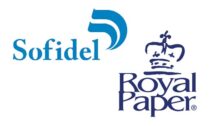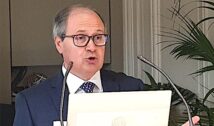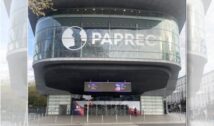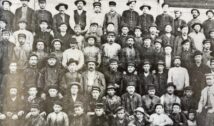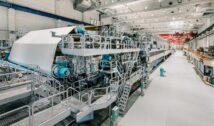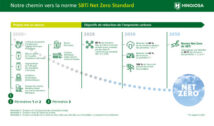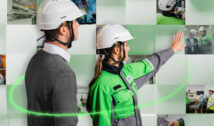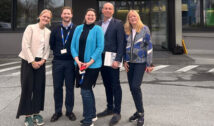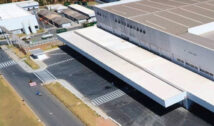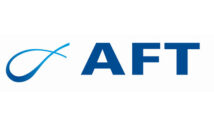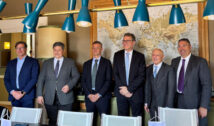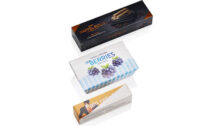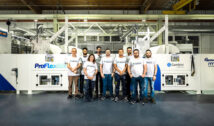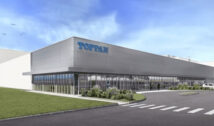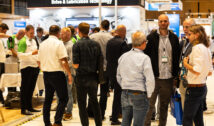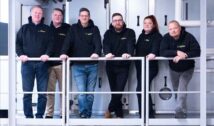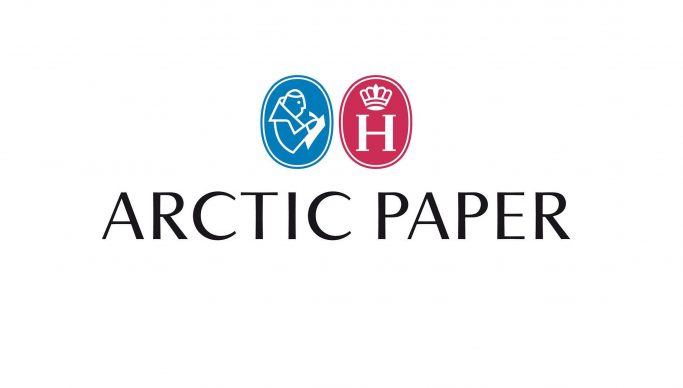
Arctic Paper, producer of pulp and fine graphic paper, operates mills is Sweden and Poland. The group just published its financial results for the 2nd quarter of 2020. Despite a challenging business environment, the group maintains some sort of profitability, outperforming the decline of the sector. And his CEO is confident is the future, seeing “clear signs of a recovery in demand”.
Michal Jarczyński, CEO of Arctic Paper S.A., commented :
“Although the second quarter of 2020 was strongly affected by the coronavirus pandemic and its impacts on the economy, the group succeeded relatively well in meeting the challenges. The consolidated figures again illustrate the value of combining both pulp and paper, as the fluctuations in the segments compensate for each other.
Arctic Paper’s financial position is strong, and improved during the period thanks to proactive measures: the net debt/EBITDA ratio decreased to 0.83 (from 1.06 for Q2 2019). We have also succeeded in protecting the organization against Covid-19.
For the first half of 2020, the paper segment more than doubled its EBITDA to PLN 114.7mn (vs. PLN 51.7mn in H1 2019). As the graphic paper market fell by 32 percent in Europe during Q2, Arctic Paper developed comparatively better with a decline of 25 percent. Thanks to extensive efforts that have entailed cost savings and measures to optimize working capital and promote higher efficiency, postponed investments, and the use of the relevant government support programs offered, the impact on earnings has been limited, even though we have not been able to fully offset the decline.
Production amounted to 114,000 tonnes during Q2 2020 (vs. 147,000 tonnes in Q2 2019), with capacity utilization of 69 percent (92). At the same time as necessary adjustments to production are continuously made, it is important to plan for the future. One example is our long-term commitment to sustainability and the circular economy, which is in line with the focus of the EU’s recovery plan for the economy. During Q2, Arctic Paper Munkedals was the first mill in the world to become Cradle to Cradle Certified – a globally recognized standard for safe, circular and sustainable products made for the circular economy – for a wide range of papers.
Rottneros was also pressured by the pandemic, with sales falling to SEK 510mn in Q2 2020 (vs. SEK 582mn in Q2 2019) and an EBITDA result of SEK 31mn (131mn). The Q2 result was negatively impacted by SEK -23mn due to the decision to advance the planned maintenance shutdown that normally takes place in Q3, thus limiting production for the period to 97,700 tonnes
The pandemic has a strong impact both on the economy as a whole and on the development of our group. The effects will also be visible during the third quarter. But although there is still great uncertainty about the future, we now see clear signs of a recovery in demand. I am confident that Arctic Paper will emerge stronger from the crisis, even though we have not yet seen the end of the pandemic.”



